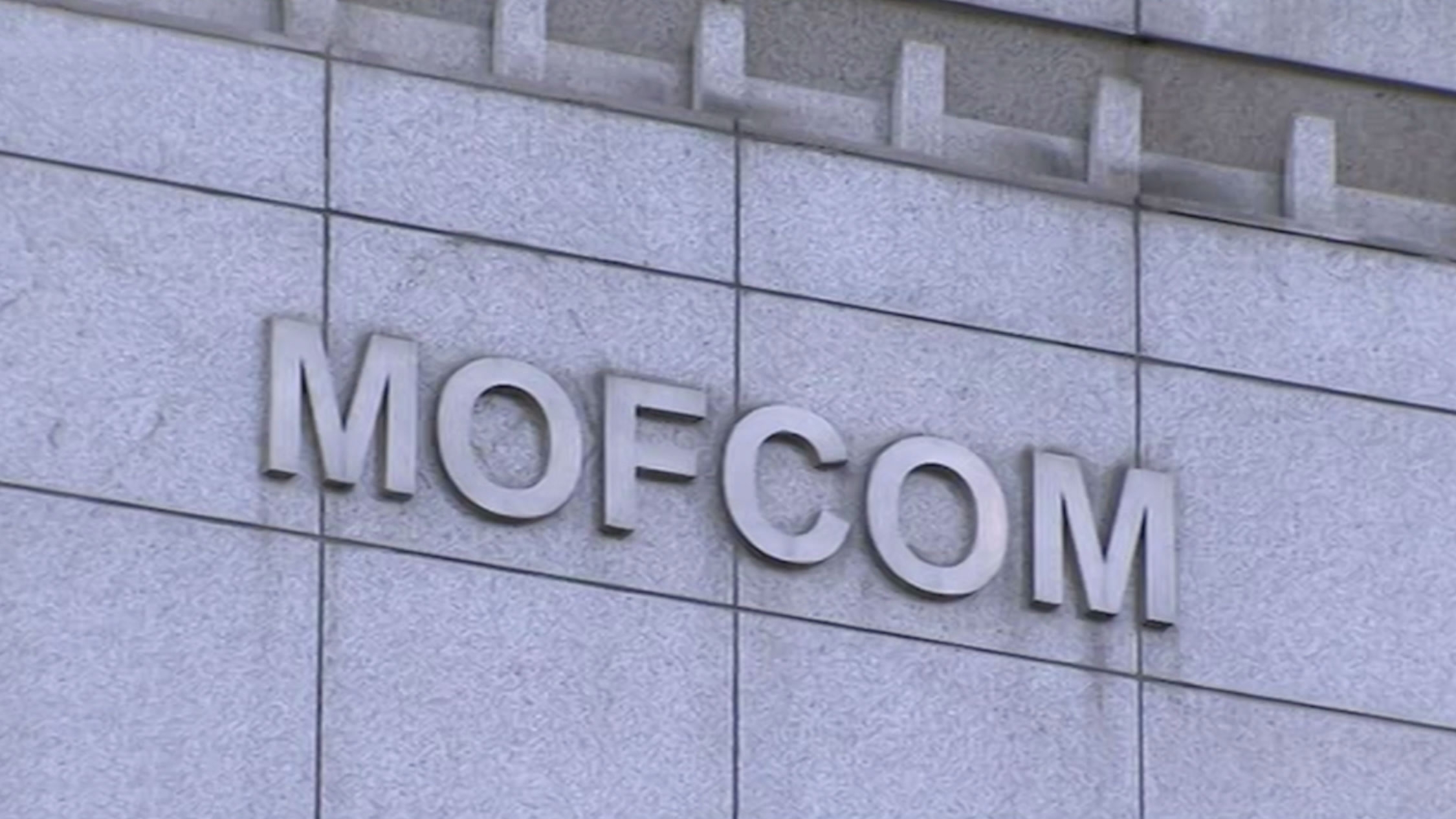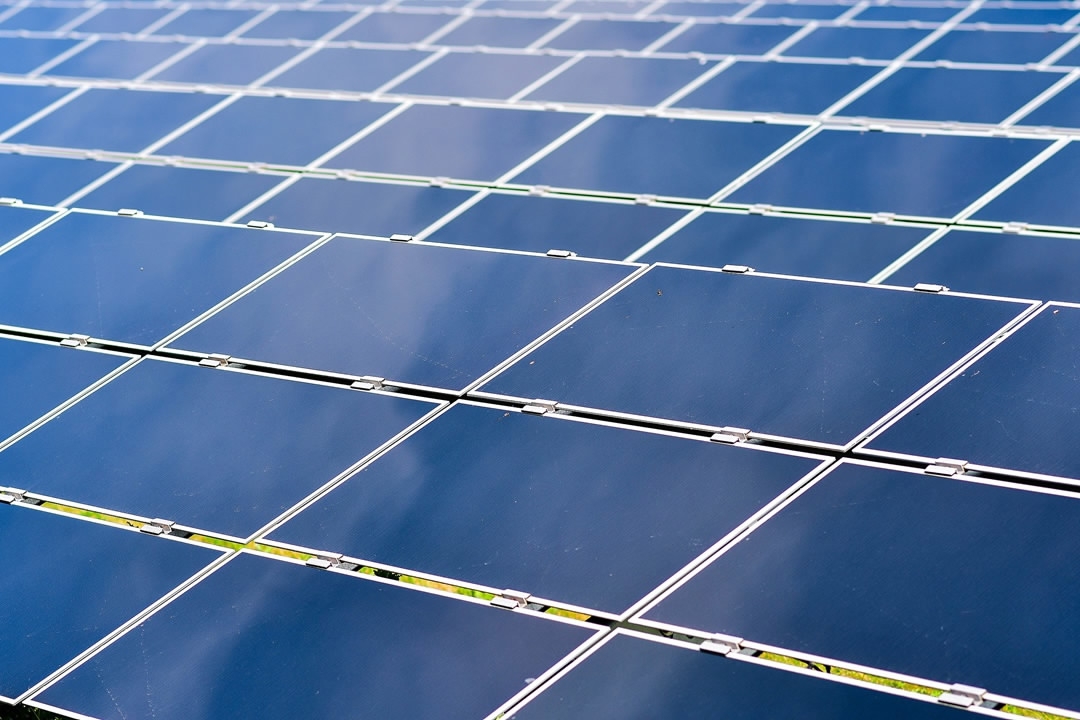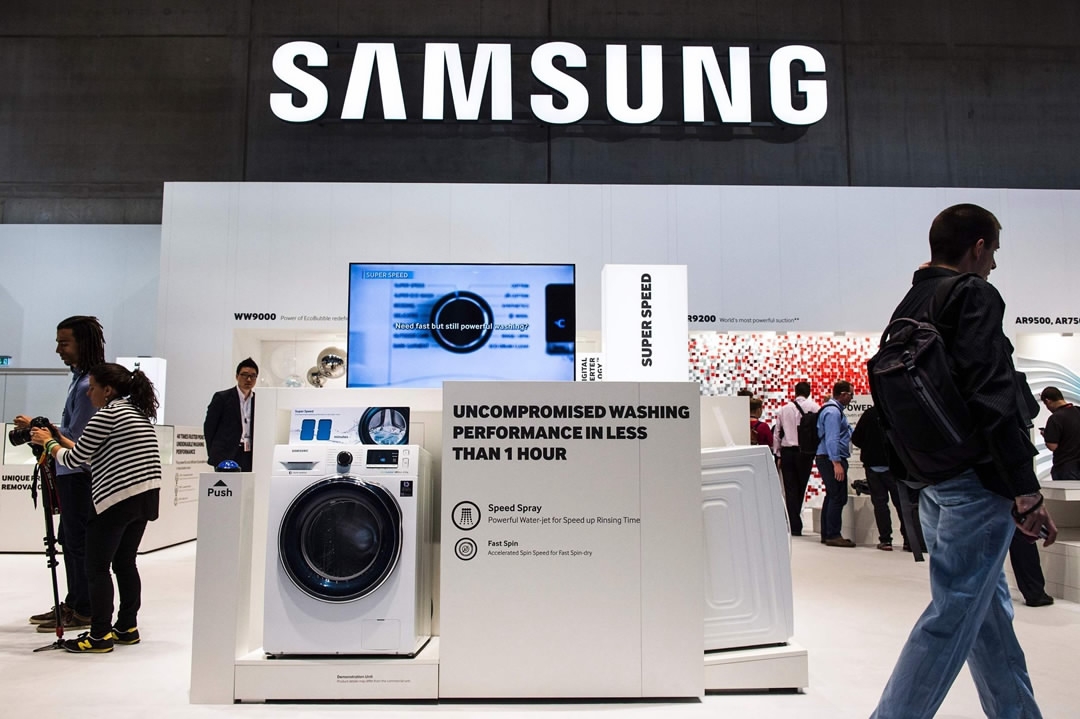
Business
22:34, 23-Jan-2018
Beijing deeply dissatisfied with Washington's safeguard tariffs
By CGTN's Wang Hui

The Chinese Ministry of Commerce says it will take all necessary measures to protect Chinese enterprises’ legitimate rights.
This is in response to US President Donald Trump's approval of imposing safeguard tariffs on large residential washing machines, and solar cells and modules imported from around the world.
For solar modules and cells, Trump imposed tariffs of 30 percent in the first year. This will gradually fall to half that figure in four years. The first 1.2 million washing machines imported each year will face a 20-percent tariff. Any additional imports will be taxed 50 percent. This rate will gradually fall over the next three years.

VCG Photo
VCG Photo
The US has already imposed anti-dumping and counter-veiling tariffs higher than 30 percent on Chinese solar products in 2012 and 2014. It also imposed counter-dumping tariffs of over 50 percent on imported large Chinese washing machines in 2016. Beijing says it is seeing stronger US trade protectionism, and expressed dissatisfaction over the recent moves.
"Taking frequent trade remedy measures to the same kinds of products, is over-protecting US trade, and an abuse of trade remedy measures. We are deeply dissatisfied with the US actions, " said Wang Hejun, the director of the Trade Remedy and Investigation Bureau of China's Ministry of Commerce.
Regarding the large washing machines, two major South Korean companies -- LG and Samsung -- have long been the strongest competitors for US manufacturers. The new measures will hit them the hardest.

VCG Photo
VCG Photo
Chinese companies will become adversely impacted by the US's newly imposed tariffs on solar products. According to the China Chamber of Commerce for Import and Export of Machinery and Electronic Products, the US imported solar products worth about 8.5 billion US dollars in 2016. Of these, about 1.5 billion dollars-worth came from China, but another 3.5 billion dollars-worth came from enterprises outside of China, with Chinese investments.
Beijing says it doesn’t want to see a trade war between the two countries.
"We are concerned about a trade war, and we don’t want to see one between China and the US. It will not only negatively affect the two countries’ economies, but also the global one. As the trade volume between the two countries is large, trade friction in some sectors is inevitable. But it is vital to manage these, and not let them affect the economic and trade cooperation, " said Wang.
In regard to Washington's safeguard tariffs, Beijing says it will move to protect Chinese businesses, noting that it will evaluate the US's investigation report, the legality of the tariffs under WTO rules and their impact on Chinese commerce. In addition, Beijing says that it will take all necessary measures to protect Chinese enterprises' legitimate rights.
1km

SITEMAP
Copyright © 2018 CGTN. Beijing ICP prepared NO.16065310-3
Copyright © 2018 CGTN. Beijing ICP prepared NO.16065310-3